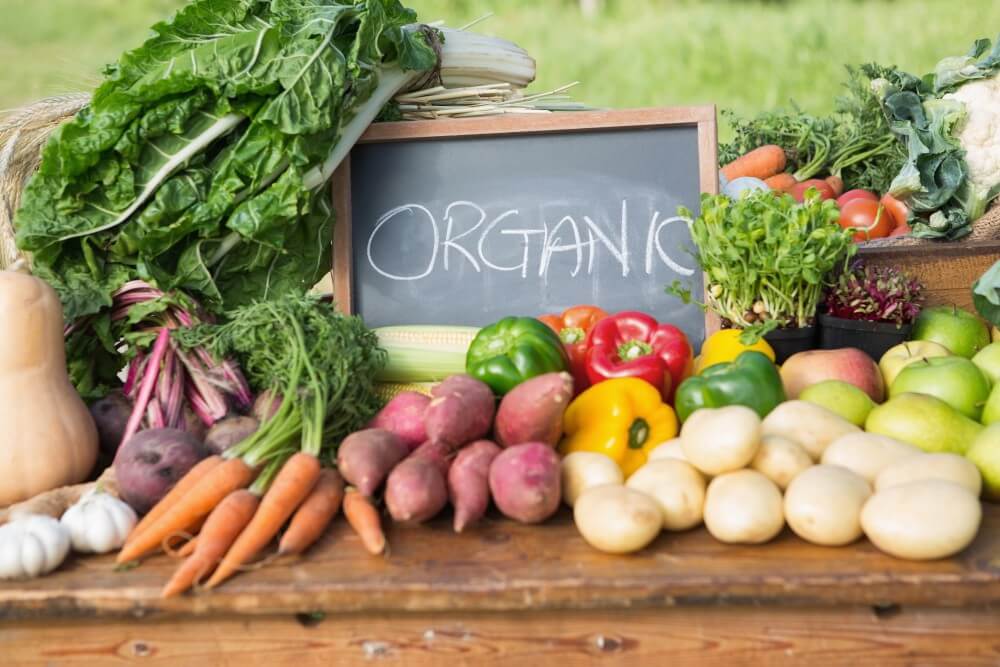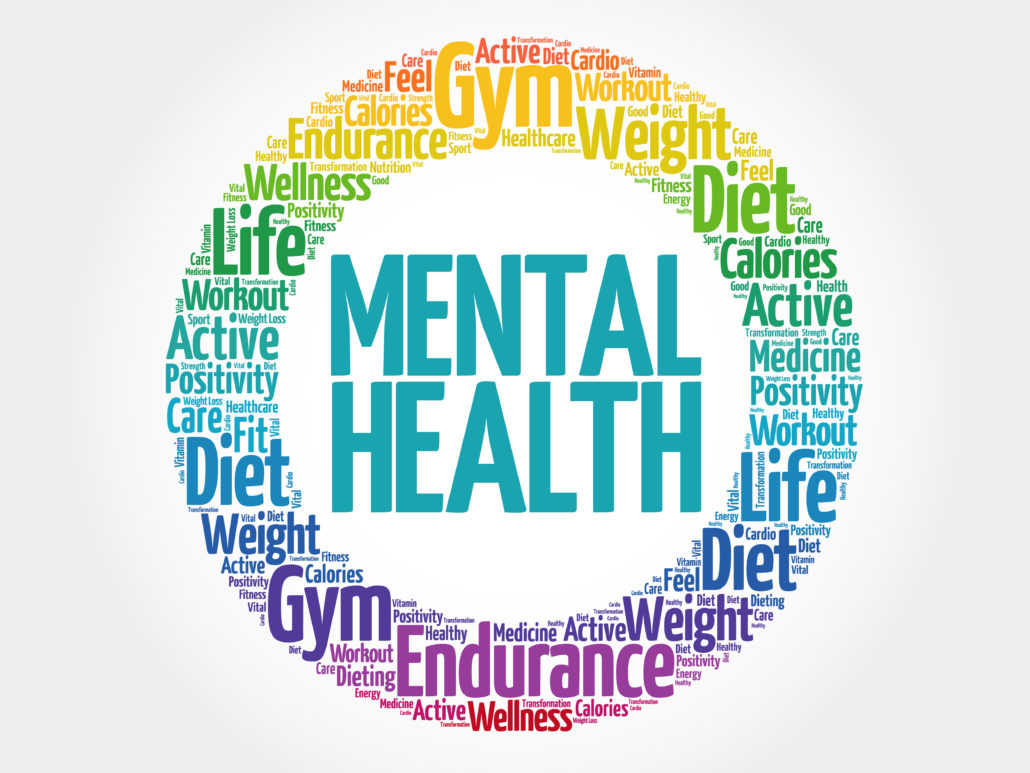Organic food has been gaining popularity in recent years, with more and more people making the switch to organic produce, meat, and dairy products. But what exactly is organic food, and what makes it different from conventional food? In this article, we'll explore the benefits of organic food and why you should consider making the switch.
What is Organic Food?
Organic food refers to food that has been grown or raised without the use of synthetic pesticides, fertilizers, or other chemicals. Organic farming methods rely on natural fertilizers, crop rotation, and other sustainable practices to maintain healthy soil and crops healthandpersonalcare. Organic livestock is also raised without the use of antibiotics, growth hormones, or other synthetic chemicals.
Benefits of Organic Food
Organic Food is Healthier
One of the main benefits of organic food is that it is healthier than conventional food. Organic produce is free of synthetic pesticides and fertilizers, which can have harmful effects on human health. Studies have shown that organic produce is higher in antioxidants and other nutrients than conventionally grown produce. Organic meat and dairy products are also free of antibiotics and growth hormones, which can have negative health effects.
Organic Food is Better for the Environment
Organic farming methods are better for the environment than conventional farming methods. Organic farmers use natural fertilizers, crop rotation, and other sustainable practices to maintain healthy soil and crops. This reduces the amount of pollution and erosion caused by conventional farming methods. Organic farming also helps to preserve biodiversity by promoting the use of native crops and plant species.
Organic Food Tastes Better
Many people believe that organic food tastes better than conventional food. This is because organic produce is often grown in smaller batches and allowed to ripen naturally, resulting in a better flavor. Organic meat and dairy products are also free of antibiotics and growth hormones, which can affect the taste of the final product FindOutCBD.
Organic Food Supports Local Farmers
Buying organic food supports local farmers and promotes sustainable agriculture. Organic farming is often done on a smaller scale, which means that local farmers are able to compete with larger, industrialized farms. This helps to keep money in the local economy and supports sustainable agriculture practices.
Organic Food is More Ethical
Organic farming methods are more ethical than conventional farming methods. Organic livestock is raised in a more humane way, without the use of antibiotics or growth hormones. Organic farmers also promote biodiversity by using native crops and plant species, which helps to preserve local ecosystems.
Making the Switch to Organic Food
Making the switch to organic food can seem daunting at first, but there are a few simple steps you can take to get started. Start by choosing one or two organic products to try, such as organic produce or meat. Look for organic food at your local farmers' market or grocery store, and read labels carefully to make sure that the product is certified organic.
It's also important to remember that organic food can be more expensive than conventional food. However, many people find that the benefits of organic food outweigh the additional cost. By supporting local farmers and promoting sustainable agriculture practices, you are making a positive impact on the environment and your community.
Conclusion
Organic food offers numerous benefits over conventional food, including better health, a better taste, and a more sustainable farming system. While making the switch to organic food can seem daunting, it's an important step towards a healthier and more ethical food system. By choosing organic food, you are supporting local farmers, promoting sustainable agriculture practices, and making a positive impact on the environment and your community.





